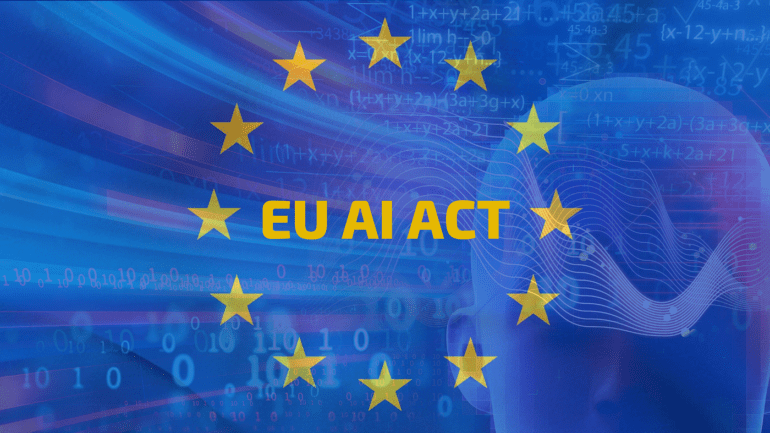TL;DR:
- A leaked proposal suggests that the EU’s AI Act may exempt open-source models from strict regulation.
- Ongoing deliberations among lawmakers and governments about AI governance.
- AI Act won’t apply to free and open-source licenses unless they pose high risks or violate regulations.
- Open-source software allows collaborative contributions for code enhancement.
- OpenAI, initially open-source nonprofit, shifted to a capped-profit structure.
- European companies like Mistral and Aleph Alpha criticize the EU’s AI regulation proposals.
Main AI News:
In a significant development concerning the European Union’s groundbreaking Artificial Intelligence (AI) Act, a leaked compromise proposal obtained by Reuters suggests that open-source models may be granted exemptions from stringent regulation. This proposal comes after intense deliberations between lawmakers and governments that extended well into a second day, as they grappled with critical issues related to AI governance.
According to the leaked document, the AI Act will not be enforced on free and open-source licenses, unless specific conditions are met. For instance, exemptions may not apply if these open-source models are considered high-risk or if they are being utilized for purposes already banned under the regulations.
Open-source software code is characterized by its unrestricted and open sharing, allowing anyone to contribute to its enhancement and bug resolution. Microsoft-backed OpenAI, initially established as an open-source nonprofit, underwent a transformation in 2019 when co-founder Sam Altman shifted its structure to a capped-profit model.
Prominent European entities involved in the open-source AI sphere, such as France’s Mistral and Germany’s Aleph Alpha, have previously voiced concerns and criticism regarding European initiatives aimed at regulating this technology.
As discussions surrounding the EU’s AI Act continue to evolve, the potential exclusion of open-source models from strict regulation could have far-reaching implications for the AI landscape in Europe. This development highlights the ongoing efforts to strike a balance between fostering innovation and ensuring responsible AI deployment.
Conclusion:
The potential exclusion of open-source models from strict regulation under the EU’s AI Act could signify a more flexible approach to fostering innovation within the AI market in Europe. This may encourage collaborative development and growth, while still addressing high-risk AI applications, ultimately shaping a more dynamic and responsible AI landscape.

